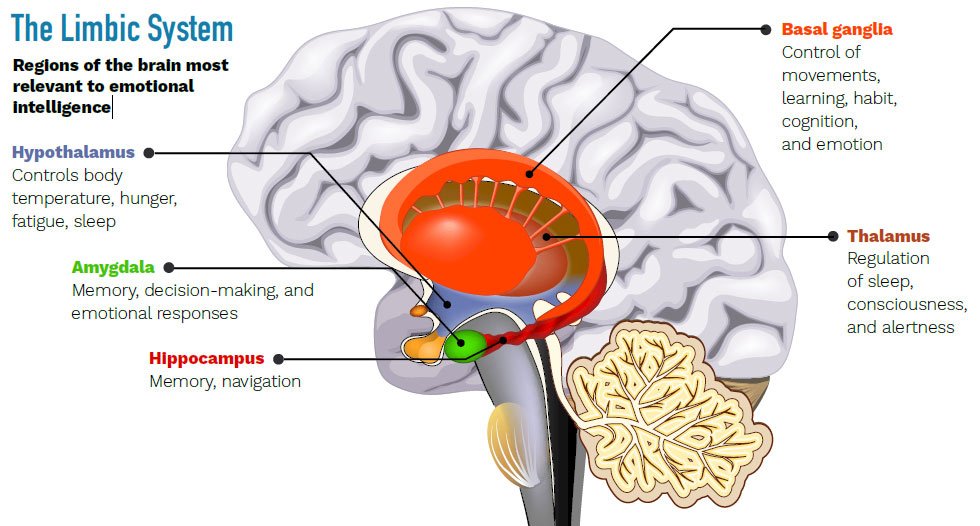Stress is a normal part of life, but too much stress can be harmful to both the body and the brain. When we are stressed, our body releases a hormone called cortisol. While cortisol is important for handling short-term stress, too much of it over a long period can damage the brain. In this article, we will explore how stress affects the brain, the role of cortisol, and why managing stress is important for mental health.
| Key Effects of Stress on the Brain |
|---|
| Causes memory problems |
| Affects mood and emotions |
| Weakens decision-making and focus |
| Leads to long-term brain damage |
What is Cortisol?
Cortisol is a hormone produced by the adrenal glands when we are stressed. It helps the body deal with stressful situations by increasing energy levels, controlling blood pressure, and improving focus. In small amounts, cortisol is helpful, but when stress becomes chronic, the body produces too much cortisol. High levels of cortisol over time can cause serious problems, especially in the brain. It can affect how we think, remember, and control our emotions.
Stress and Memory Problems
One of the main ways stress impacts the brain is by affecting memory. Cortisol can weaken the hippocampus, which is the part of the brain responsible for forming and recalling memories. When we are stressed for long periods, the hippocampus shrinks, making it harder to remember things. People who are constantly stressed may find it difficult to focus or remember important information. This is why stress can make studying or working more challenging.
Impact on Mood and Emotions
Stress can also affect our mood and emotions. High levels of cortisol can overstimulate the amygdala, the brain’s emotional center. This makes people more sensitive to negative feelings like anger, anxiety, and sadness. When cortisol levels remain high, it becomes harder to control emotions, leading to mood swings and irritability. Over time, chronic stress can lead to serious mental health issues, such as anxiety and depression. It’s important to manage stress to maintain emotional balance.
Stress and Focus
When cortisol levels are high, it becomes more difficult to focus and make decisions. Stress can affect the prefrontal cortex, the part of the brain that handles attention, decision-making, and problem-solving. This is why people often feel overwhelmed and struggle to think clearly when they are under stress. They may have trouble concentrating on tasks and might make poor decisions because their brain is not functioning properly. Lowering stress can help improve focus and decision-making abilities.
Key effects of stress on focus:
- Difficulty concentrating on tasks.
- Trouble making clear decisions.
- Feeling overwhelmed and distracted.
Long-Term Brain Damage
Chronic stress doesn’t just affect how we think and feel—it can also cause long-term damage to the brain. Over time, too much cortisol can shrink parts of the brain, especially the hippocampus and the prefrontal cortex. This can lead to problems with memory, learning, and emotional regulation. In extreme cases, chronic stress can increase the risk of developing brain disorders like dementia. This shows how important it is to manage stress to protect brain health in the long term.
Managing Stress to Protect the Brain
Managing stress is essential for keeping the brain healthy. There are many ways to reduce stress, such as practicing relaxation techniques, exercising, and getting enough sleep. Mindfulness and meditation can also help lower cortisol levels and calm the mind. By making stress management a part of daily life, we can protect our brain from the negative effects of stress and improve overall mental health. Taking time to relax and unwind can make a big difference in how the brain functions.
Conclusion
Stress, especially when it is long-term, can have a serious impact on the brain. The release of too much cortisol affects memory, emotions, focus, and can even cause long-term brain damage. However, stress can be managed through simple lifestyle changes like exercise, relaxation, and mindfulness. By controlling stress and keeping cortisol levels in check, we can protect our brains and maintain better mental health. Remember, reducing stress is not just important for feeling better, but also for keeping the brain healthy and strong.



